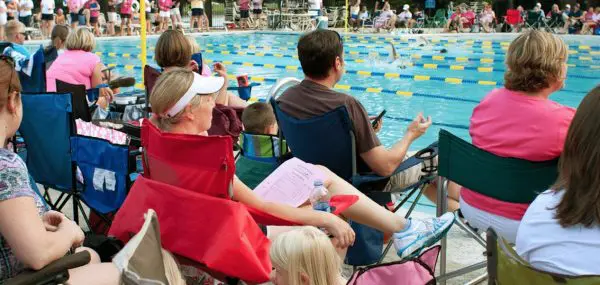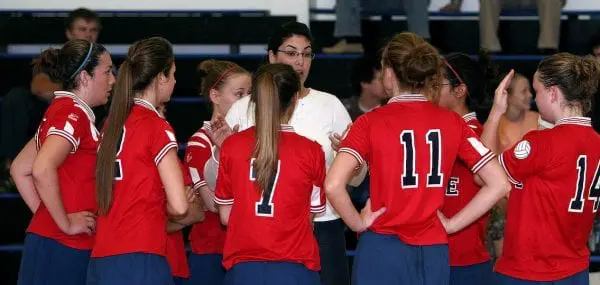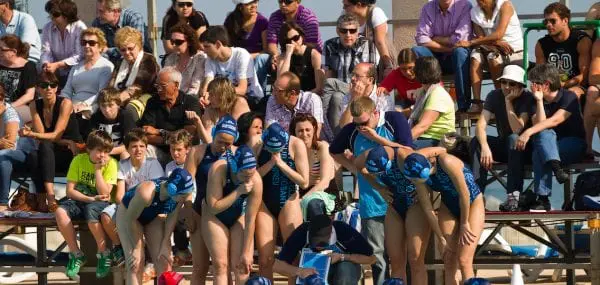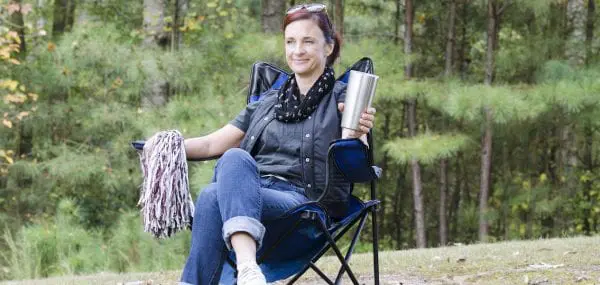“Winners never quit, and quitters never win!”
This can be heard in any high school locker room across the country. There’s so much pressure placed on young athletes to win. Are teenagers pushing themselves too hard, too soon?
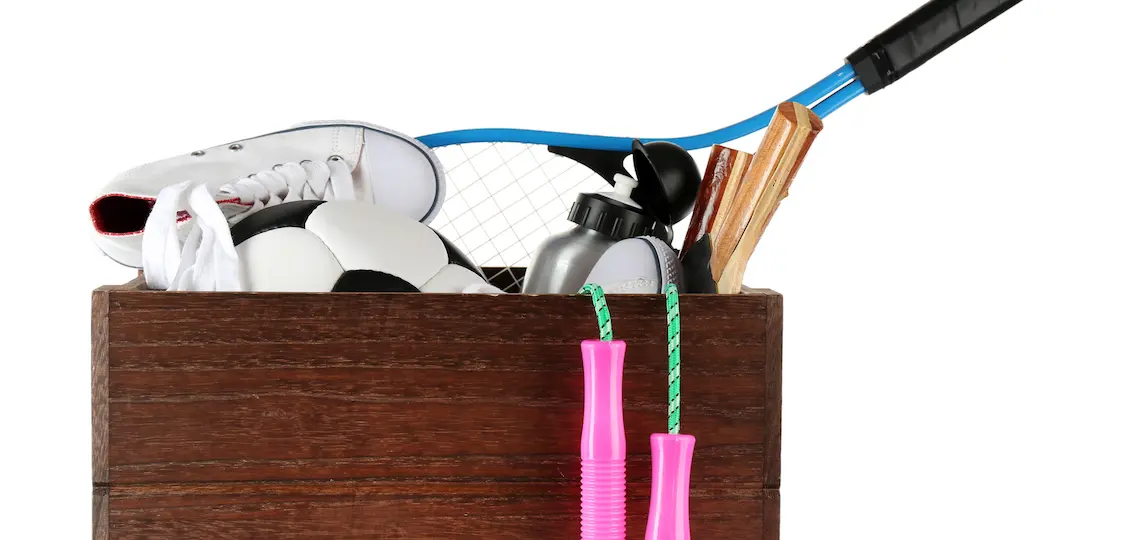
Unfortunately, too many are. And this pressure is causing too many high school sports injuries.
Overtraining has become a widespread problem for teenage athletes in the uber-competitive and increasingly specialized reality of youth sports.
“I can tell you that overtraining is an epidemic for today’s athlete,” says Frank Velasquez, Jr. ATC, CSCS, the Director of Sports Performance for the Allegheny Health Network in Pittsburgh, PA.
Much of the problem stems from the changing nature of youth sports. Unlike teenagers a generation ago, who participated in two or three different sports, today’s young athletes tend to specialize in only one sport from a young age.
“The multi-sport athlete is a rare breed today,” explains Velasquez. “Young athletes can play their sport of choice year around.”
The intense focus on one sport means teenagers have less chance of both diversifying their body’s movements and allowing proper time for rest and recovery.
Exactly the conditions that lead to overtraining and high school sports injuries, say the experts. By definition, overtraining is a condition that occurs when the amount and intensity of an individual’s exercise exceeds his or her recovery capacity.
Physical symptoms include recurring injuries, difficulty sleeping, and soreness that doesn’t ever go away. But teenagers can also experience feelings of frustration from stagnant athletic performance, or even lack of interest in participating altogether.
If your once enthusiastic teenage athlete is experiencing one or more of these symptoms, it may be time to re-examine how they are training. Don’t hesitate to call your teenager’s coaches and/or athletic trainers—which many high schools employ—and ask them to take a look at your teenager’s training regimen.
2 Ways to Avoid Overtraining:
1. Know the difference between good and bad pain.
Do you know the difference? Does your teen?
“I don’t think most teenagers understand the difference between pain and soreness,” explains Velasquez.
Coaches and athletes know the good pain, also known as “the burn.” It occurs during active exercise and the discomfort and soreness that comes with it is fairly short-lived. It should not last more that several hours.
Soreness is often associated with using muscles that have not been used before, or in a long time. It often results from being out of shape. This discomfort should last no longer than a couple days.
Bad pain is sharp, acute pain and can be extremely painful. When this happens, experts say, it’s time to stop right away.
Easier said than done, notes Carolyn Smuts, a California-based mom whose teenage son plays soccer. “[Kids] this age do not have a sense of proportion; every game is the most important game of their lives….. they lack the judgment to stop when pain becomes [bad] pain.”
Indeed, many teenagers are competing in the here and now, but not thinking about long-term health and safety. However, when teenagers push through this kind of pain—or are pushed by a parent or coach—they leave themselves open to recurring or serious injury.
Explains Kim Evans, a Michigan-based high school track & field coach: “Sometimes [someone] is really pushing a kid to perform through the pain, and they shouldn’t do it.”
2. Make time for rest and recovery.
Sure, your teen loves to sleep in, but this isn’t exactly the rest we are talking about.
“The key is that the body [can] be trained hard, but, and this is huge, it needs time to recover,” explains Kirk Mango, author of Becoming a True Champion. “Too many don’t allow the body to recover enough, exacerbating the problem.”
Notably, professional athletes have up to four weeks of active rest once a season ends, followed by two-three months of non-skills strength training. If your teen really wants to be the best of the best, she should rest and recover like one too.
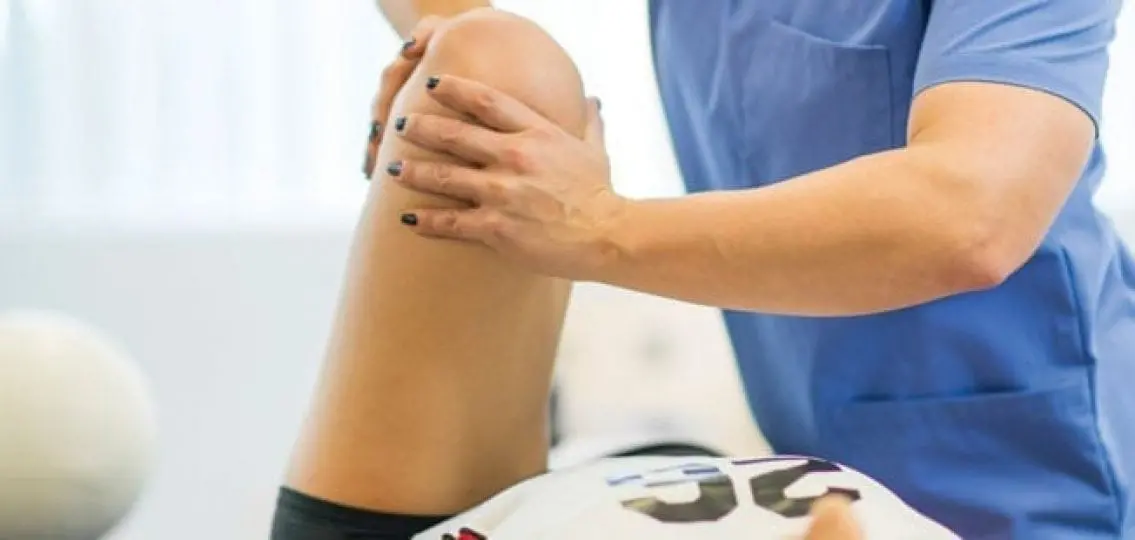
Don’t let the quest for short-term glory shadow your teen’s long-term potential, health, and safety. Many teens dream of competing at the collegiate level. And they believe that by training hard now, they can achieve that dream. But parents must ensure that their young athletes are not training too hard.
Train smarter, not harder.

